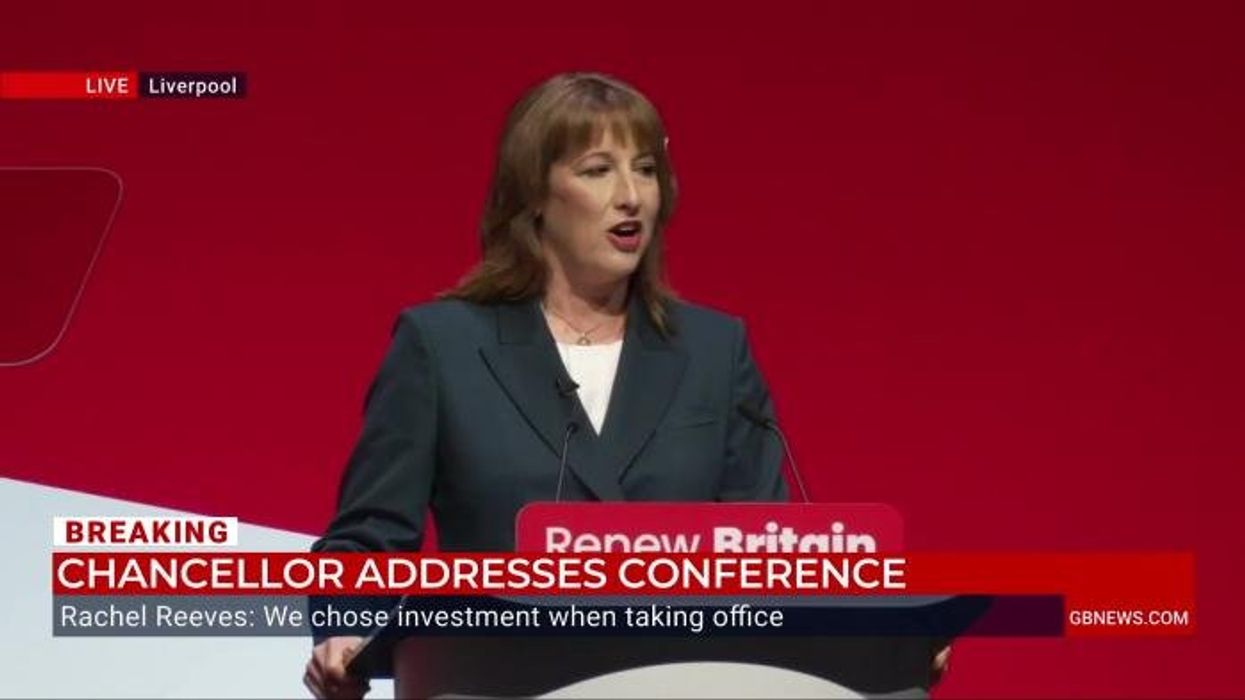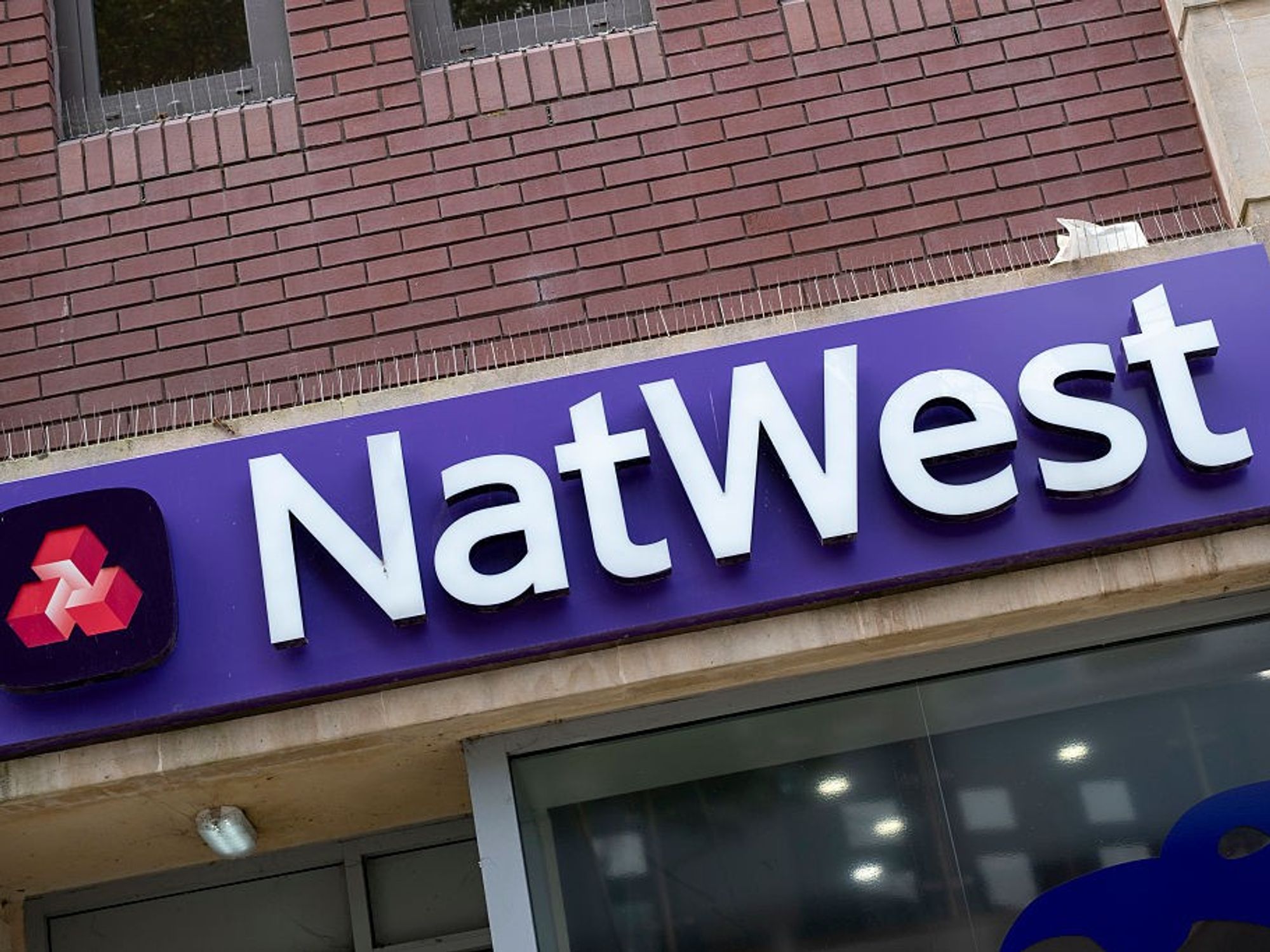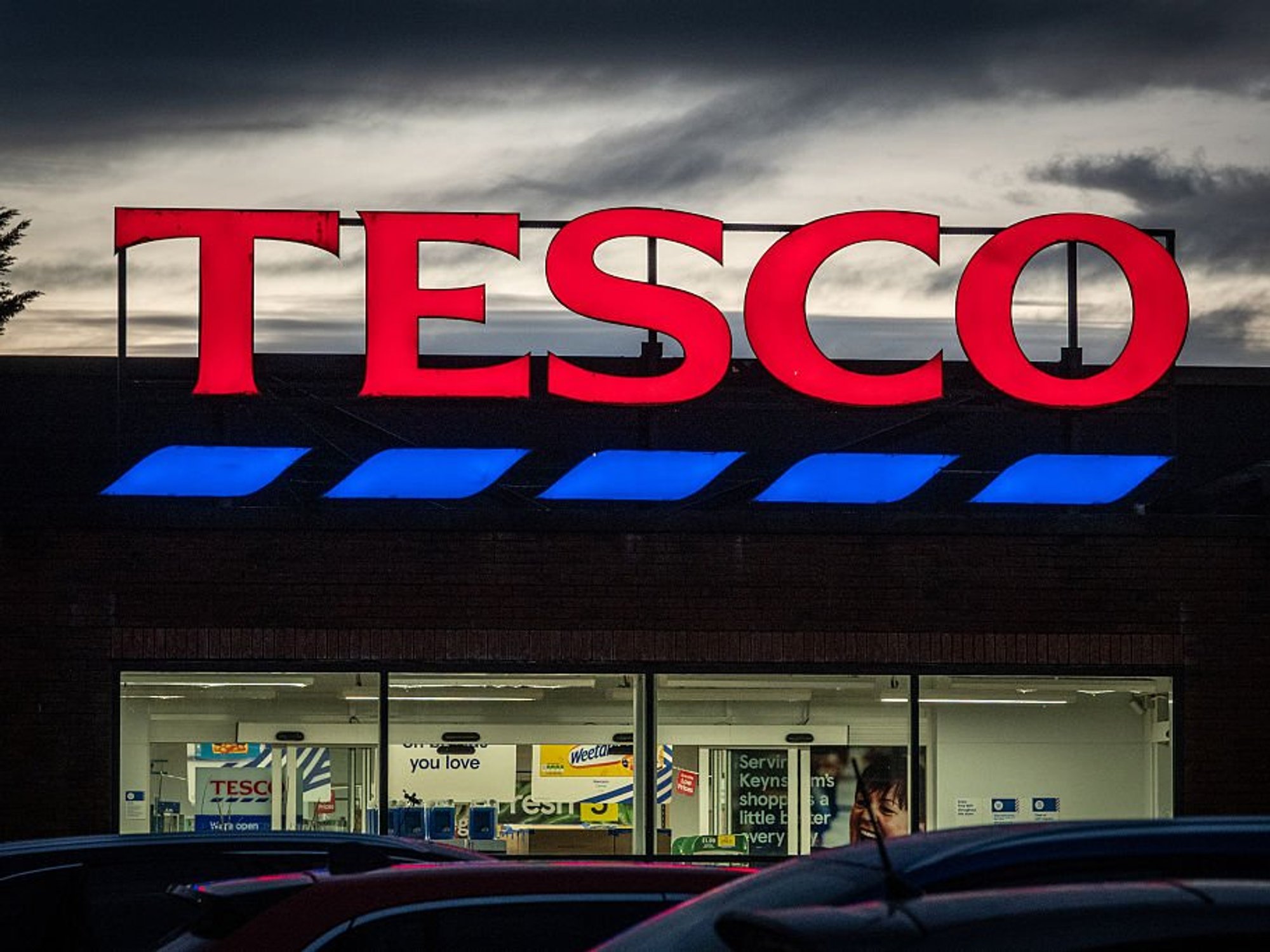ISA tax raid could make 'mortgages more expensive' as Rachel Reeves targets savings

WATCH: Rachel Reeves speech halted by pro-Palestine protester |
GB News

Major building societies warn reforms could hit mortgage funding
Don't Miss
Most Read
Rachel Reeves is examining proposals to reduce the annual cash ISA allowance to £10,000.
The Chancellor is exploring a significant cut from the existing £20,000, but major building societies have raised the alarm over the potential reforms, warning of serious consequences for Britain’s housing market.
Sources familiar with the discussions said multiple options remain under consideration, with no final decisions reached.
The potential reform reflects Government concerns that excessive cash holdings among the nation's savers could be more productively deployed in equity markets.
Charlotte Harrison, chief executive of home financing at Skipton Group, warned against the proposals, saying: "Mortgages could become both more expensive and harder to access" if cash ISA deposits decline.
TRENDING
Stories
Videos
Your Say
More than 14 million Britons hold over £10,000 in cash savings.
Ministers believe redirecting some of these funds towards investments could enhance individual financial outcomes while supporting British businesses seeking capital.

Rachel Reeves reportedly wants more cash which is sat in savings to be used productively in the equity market
|GETTY
Building societies currently provide funding for about one-third of all first-time buyer mortgages who often rely heavily on retail deposits, including cash ISAs.
Ms Harrison warned this could "derail the Government's own target of building 1.5 million homes", noting that achieving this ambitious goal requires accessible and affordable mortgage financing.
Jeremy Cox from Coventry Building Society praised the current system's flexibility while cautioning the Chancellor against discouraging cash savings in her efforts to promote investment.
Both institutions have communicated these concerns directly to Government ministers.
Several investment professionals have endorsed the proposed changes, viewing cash ISAs as obstacles to genuine wealth accumulation.
LATEST DEVELOPMENTS
 Pensioners are worried about their future | GETTY
Pensioners are worried about their future | GETTY Tom Selby from AJ Bell said: "The current fragmented market is overly complex and behaviourally illiterate."
He suggested that merging cash and investment ISAs into one product would remove barriers between saving and investing.
Michael Healy of trading platform IG took an even stronger stance, calling cash ISAs "completely incompatible with long-term wealth creation" and advocating for the complete elimination of the cash ISA allowance.
Denis Cornwall from Wesleyan welcomed initiatives to strengthen Britain’s retail investment culture.
But he emphasised the importance of ensuring investments match individual risk tolerance, particularly for those moving from cash holdings to equity investments for the first time.
However, numerous financial advisers have challenged the proposal’s effectiveness.
Andrew Prosser from InvestEngine said that neither younger savers building home deposits nor older individuals managing immediate expenses would welcome exposure to market volatility.
He warned that restricting cash ISA allowances would not drive investment but could result in savers holding funds outside tax-free wrappers, potentially increasing their tax burden."
The result could be that UK savers end up worse off, not more invested," Mr Prosser said.
Brian Byrnes from Moneybox described the proposal as "the right diagnosis but the wrong prescription".
He warned that reducing cash ISA limits risks eroding consumer confidence rather than building it.

The Government could merge cash and investment ISAs into one product
|GETTY
Mr Byrnes stressed that maintaining trust should take precedence over forcing behavioural changes through restrictions.
A Treasury spokesperson said: "Cash savings are important for people looking to put cash away for a rainy day, and we will protect that."
They added that the Chancellor remains committed to revitalising Britain’s investment landscape to benefit both companies seeking growth capital and savers pursuing better returns.
Supporting these efforts, the Financial Conduct Authority (FCA) has unveiled proposals to bridge the "advice gap" through new "targeted support" services.
More From GB News










